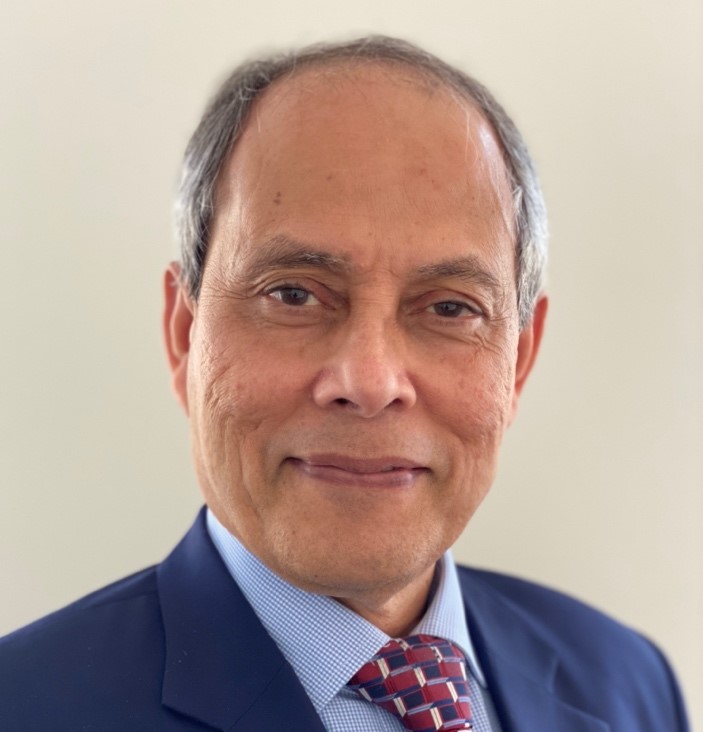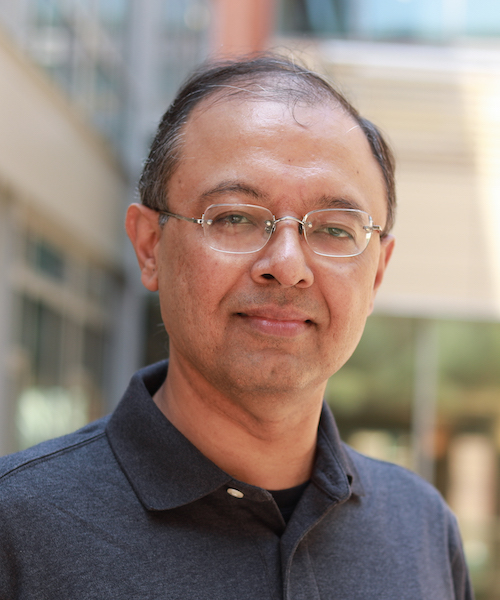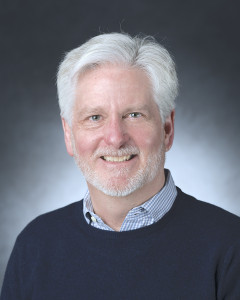Keynote Speakers

Saifur Rahman, Professor and Director, Advanced Research Institute, Virginia Tech, USA, President, IEEE Power & Energy Society 2018 and 2019, IEEE President-elect 2022
Title: Energy Efficiency in Smart Buildings through IoT Sensor Integration
Abstract: Internet of Things (IoT) deployments offer a much higher value proposition if these can function in the context of smart buildings. Such advanced information and communication technology (ICT) applications in commercial buildings, schools, libraries, shopping centers, etc. offer low cost but highly effective monitoring and control opportunities. Sensors deployed in key locations can monitor the building environment in real-time, collect information for intelligent decision making, and facilitate various services. An IoT sensor platform has been developed that provides a unified communication platform which can integrate information from disparate sources and provide one control hierarchy. It is a powerful, low-cost, open-architecture software platform that can monitor and control major electrical loads (e.g., HVAC, lighting and plug loads), as well as solar PV systems, energy storage units and other IoT sensors in commercial buildings. The platform can provide new or legacy buildings with a building automation system (BAS) or connect with existing BAS systems in large and small commercial buildings. This platform leverages machine learning algorithms to draw insights from a deployed building’s historical operating data and occupant preferences to save energy (kWh) while increasing occupant comfort. This also allows buildings to reduce peak demand (kW) through direct communication with utilities using demand response protocols such as openADR.
Bio: Professor Saifur Rahman is the founding director of the Advanced Research Institute at Virginia Tech, USA where he is the Joseph R. Loring professor of electrical and computer engineering. He also directs the Center for Energy and the Global Environment. He is the IEEE President-elect 2022, a Life Fellow of the IEEE and an IEEE Millennium Medal winner. He is the founding editor-in-chief of the IEEE Electrification Magazine and the IEEE Transactions on Sustainable Energy. He is the founder of BEM Controls, LLC, a Virginia (USA)-based software company providing building energy management solutions. He has served as the chair of the US National Science Foundation Advisory Committee for International Science and Engineering. He has published over 150 journal papers and has made over six hundred conference and invited presentations. In 2006 he served on the IEEE Board of Directors as the vice president for publications. He is a distinguished lecturer for the IEEE Power & Energy Society and has lectured on renewable energy, energy efficiency, smart grid, energy internet, blockchain, IoT sensor integration, etc. in over 30 countries. He has a PhD in electrical engineering from Virginia Tech.

Mani Srivastava, Professor of Electrical & Computer Engineering, University of California, Los Angeles, USA
Title: Enabling a rich and trustworthy nexus of AI and IoT
Abstract: The previously discrete technologies of IoT and AI have now entered a tight virtuous embrace. On the one hand, IoT allows sensing and actuation of our physical, social, and urban spaces with previously unimaginable ubiquity. On the other hand, AI allows sophisticated inferences and decisions to be made algorithmically even from unstructured and high-dimensional data with uncanny performance.Together they promise sophisticated perception-cognition-action loops for pervasive autonomy and just-in-time adaptive interventions that will deeply impact many application domains. This talk examines some of the unique challenges and opportunities that lie at the emerging AI-IoT nexus. For IoT engineers, AI is both a challenging workload requiring rethinking how we design and manage IoT systems, and a tool that can be harnessed for better performance and robustness. For AI developers, IoT presents challenges arising from the coupling with humans and physical reality as well as opportunities from advances in IoT device hardware. By exploring questions relating to uncertain temporal information, dynamic sensing substrates, extreme resource constraints, adversarial environments, and complex event detection, the talk will provide a perspective on how AI-driven IoT can be made trustworthy, capable, and performant.
Bio: Mani Srivastava is on the faculty at UCLA where he is associated with the ECE Department with a joint appointment in the CS Department. His research is broadly in the area of human-cyber-physical and IoT systems that are learning-enabled, energy-efficient, secure, privacy-aware, and application-driven. It spans problems across the entire spectrum of applications, architectures, algorithms, and technologies in the context of systems and applications for mHealth, sustainable buildings, and smart built environments. He is a Fellow of both the ACM and the IEEE, and his research has been recognized by multiple Best Paper Awards and the 10-Year Impact Award at the ACM International Symposium on Wearable Computing. More information about his research is available at his lab’s website: https://www.nesl.ucla.edu and his Google Scholar profile at https://scholar.google.com/citations?user=X2Qs7XYAAAAJ.

Trent Jaeger, Professor of Computer Science and Engineering, The Pennsylvania State University, USA
Title: Can Security Risk Management Become Practical?
Abstract: Despite vast research on defenses to protect computing systems from exploitation, successful attacks remain common. A key problem is that defenders lack insight into the risks that their systems take, so given the complexity of modern computing systems it is not surprising that the defender is at a significant disadvantage. A question is whether we will ever be able assess the risks present in a system or its individual programs systematically. Will we be able pinpoint and mitigate all the unsafe operations in a C program? Will we be able to identify all the filesystem accesses that may be controlled by adversaries? In this talk, we will examine techniques to systematically identify risks in programs and systems and discuss how to utilize such information to mitigate their exploitation. We will examine recent work that mitigates risks from all classes of memory errors by protecting over 90% of the stack objects from exploitation for modest overheads (<5% on average). We will also examine recent work that computes risks from a combination of host access control policies, showing that commercial systems can be configured to limit risks to tens of filesystem resources. We will then discuss the future of risk computation and management as an approach to enable adversaries to manage defenses proactively.
Bio: Trent Jaeger is a Professor in the Computer Science and Engineering Department at The Pennsylvania State University. Trent’s primary research interests are systems and software security. He has published over 150 research papers and the book, “Operating Systems Security,” which has been taught in universities worldwide. Trent has made significant security contributions to the Linux community, including mandatory access control, integrity measurement, process monitoring, software toolchains, and security namespaces. Trent is currently the Consortium Lead for Army Research Lab’s Cybersecurity Collaborative Research Alliance (ARL CSEC-CRA). Trent has served the computer security research community as the ACM SIGSAC Chair and as Steering Committee Chair of NDSS and ACM CCS. He is currently an Editorial Board Member for the Communications of the ACM, an Associate Editor-in-Chief of the IEEE Security & Privacy Magazine, and an Academic Advisory Board member of the UK’s Cyber Body of Knowledge (CyBoK) project.


